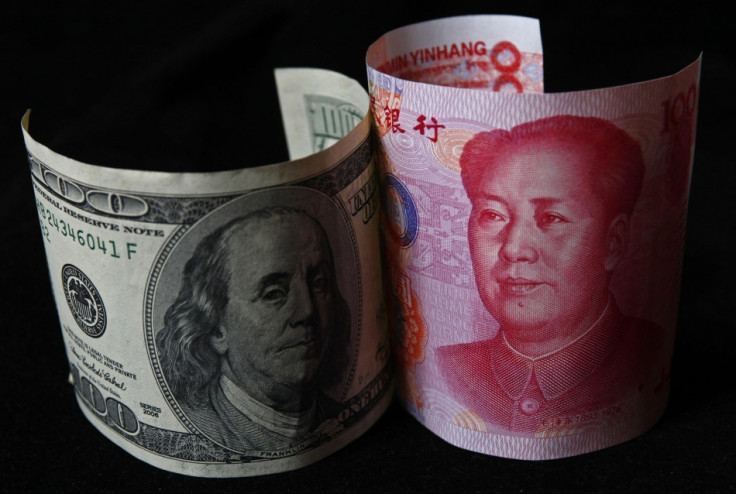US Refrains from Branding China 'Currency Manipulator'
Yuan is still significantly undervalued, according to a US Treasury report.

The US has refrained from labelling China a currency manipulator in its recent analysis of major countries' foreign exchange rate policies, a move largely seen as an attempt to keep good relations with its largest creditor.
However, the US Treasury has said that the Yuan is still "significantly undervalued" and urged the world's second largest economy to change its policies related to foreign exchange rates, allowing Yuan appreciation against the dollar and other major currencies.
In its semi-annual report on international economic and exchange rate policies, the Treasury said Beijing cannot be called a currency manipulator given its recent steps to reduce the level of official intervention in determining currency rates.
Being largely symbolic, the labelling could have sparked US trade sanctions and would require Washington to open discussions with Beijing on adjusting the Yuan's value.
Those who criticises China's exchange-rate policies, including former Republican presidential candidate Mitt Romney, claim that the country deliberately lowers the value of its currency to keep its exports cheaper and imports costlier. The unfair advantage in trade is costing a lot of American jobs, according to them.
Romney had earlier pledged to label China a currency manipulator on his first day in office. The US had previously branded China as a currency manipulator between 1992 and 1994. Since then it withdrew such accusations.
While acknowledging the actions taken by China to adopt to a more market-determined exchange rate, the Treasury said that the Yuan or renminbi had appreciated by 9.3 percent in nominal terms and 12.6 percent in real terms against the dollar since June 2010.
Additionally, China's trade and current account surpluses have both declined to 2.6 percent of GDP from peaks of 8.8 and 10.1 percent respectively.
"The Chinese authorities have substantially reduced the level of official intervention in exchange markets since the third quarter of 2011, and China has taken a series of steps to liberalize controls on capital movements, as part of a broader plan to move to a more flexible exchange rate regime," the Treasury said.
"It appears that the strategy of the last two administrations to use diplomacy rather than confrontation in dealing with the yuan's value is having some positive results," Bloomberg News quoted William Reinsch, president of the National Foreign Trade Council, as saying.
Following European officials' agreement on the Greek bailout and on signs of an improving Chinese economy, the Yuan climbed to a new high on 27 November. The Yuan gained 0.05 per cent to 6.2223 per dollar in Shanghai.
However, China's central bank still controls currency trading and it allows the Yuan to rise or fall by only 1 percent from the rate it determines each day.
The currency is also emerging as a benchmark in Southeast Asia, replacing the US dollar and euro, a result of China's economic prominence in the region.
© Copyright IBTimes 2025. All rights reserved.





















